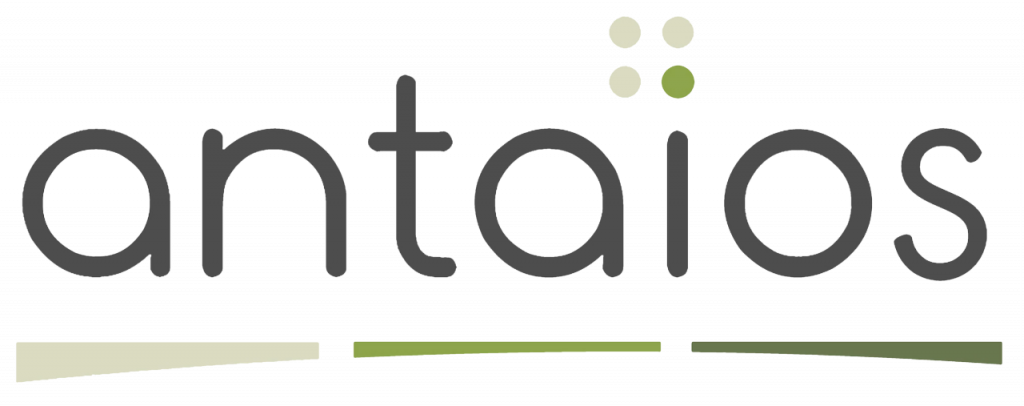Country
SwitzerlandHost institution

ETH Zurich is one of the world-leading universities for technology and the natural sciences. It is well-known for its education, fundamental research, and technology transfer. Founded in 1855, ETH Zurich today has more than 19,000 students from over 110 countries, including 4,000 doctoral students.
The Laboratory of Magnetism and Interfaces is specialized in the study of magnetic interfaces and nanostructures, with emphasis on spin-orbit phenomena. Extensive sample growth facilities are available as well as electrical, optical, and scanning probe characterization tools.
Supervisor
Prof. Pietro Gambardella
Description
Spin-based electronics (spintronics) underlies modern technologies of magnetic sensing and storage. In recent years, fundamental advances in the understanding of charge-spin interconversion effects in 2D materials have opened novel opportunities to enhance the functionality and operation of spintronic devices. Van der Waals bonded 2D materials have recently emerged as potential building blocks for magnetic tunnelling devices. These materials afford great flexibility for assembling heterogeneous structure with tuneable electronic and magnetic properties. Yet, besides the recent demonstrations of intrinsic magnetism and magneto-tunneling properties, little is known about the magnetization dynamics in such systems.
This project will investigate the current-induced spin dynamics and spin transport in planar and vertical multilayer structures of 2D materials, employing both current-in-plane and current-perpendicular-to-plane geometries. A variety of techniques will be used to characterize the magnetic behaviour of 2D heterostructures, aiming at realizing strong charge-spin conversion, magnetization switching, and controlled domain wall motion. The project is a collaboration between ETH Zurich and CIC nanoGUNE.
Requirements
We are looking for a highly motivated student with a broad interest in physics and technology. You should be willing to learn about many topics such as magnetism, spintronics, nanofabrication, electrical and optical characterization measurements. Applicants should have a MSc in physics, materials science, physical chemistry, electrical engineering, or a closely related field. We encourage female candidates to apply for this position.
Planned Secondments
nanoGUNE (San Sebastián, Spain), under the supervison of Luis Hueso.
ANTAIOS (Grenoble, France), under the supervision of Gilles Gaudin.
Registering University
ETH Zürich (Zurich, Switzerland)




